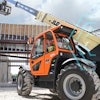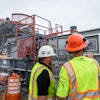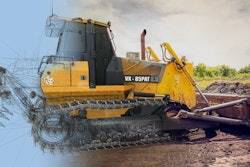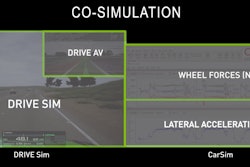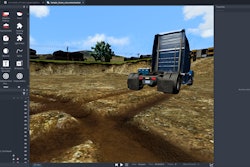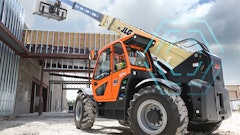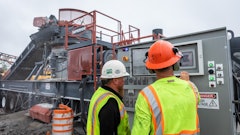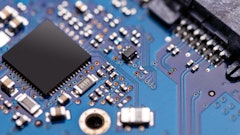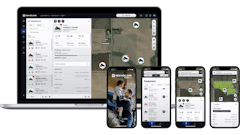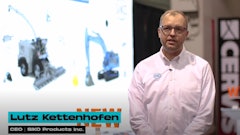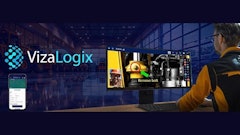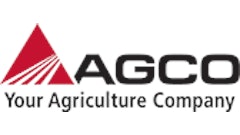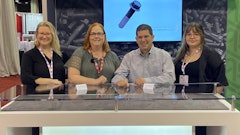Pressures to reduce and eliminate emissions, improve urban air quality and reduce the carbon intensity of transportation, mean that the wide-scale electrification and hybridization of vehicles is becoming a reality. This presents a challenge to the product development process to deliver vehicles which are cost-effective, attractive for customers and compliant with international regulations.
Virtual Engineering 2020 will explore current trends and future potential developments in product engineering as the increased use of virtual toolchains – as opposed to discrete computer-aided engineering (CAE) applications – becomes essential for future vehicle development. A key focus will be on Virtual Product Development (VPD), which combines a right-first-time design approach with more efficient physical testing through eliminating prototype hardware stages in the development process.
Call for papers
Virtual Engineering 2020 will bring together industry professionals and academic researchers actively interested in virtual engineering applications or engaged in the development of new simulation capabilities and software, to share their insights and the latest research and development findings. Ricardo is opening a call for papers for Virtual Engineering 2020 now.
Possible topics of interest include: integrated co-simulation; real-time predictive analysis; complete vehicle systems modeling; new propulsion and powertrain technologies; emissions predictions; fuel cell analysis; thermal management; noise vibration and harshness (NVH); virtual calibration; digital twinning; process optimization; simulation processes and data management.
The full program for Virtual Engineering 2020 will be available and registration will open in December 2019.

